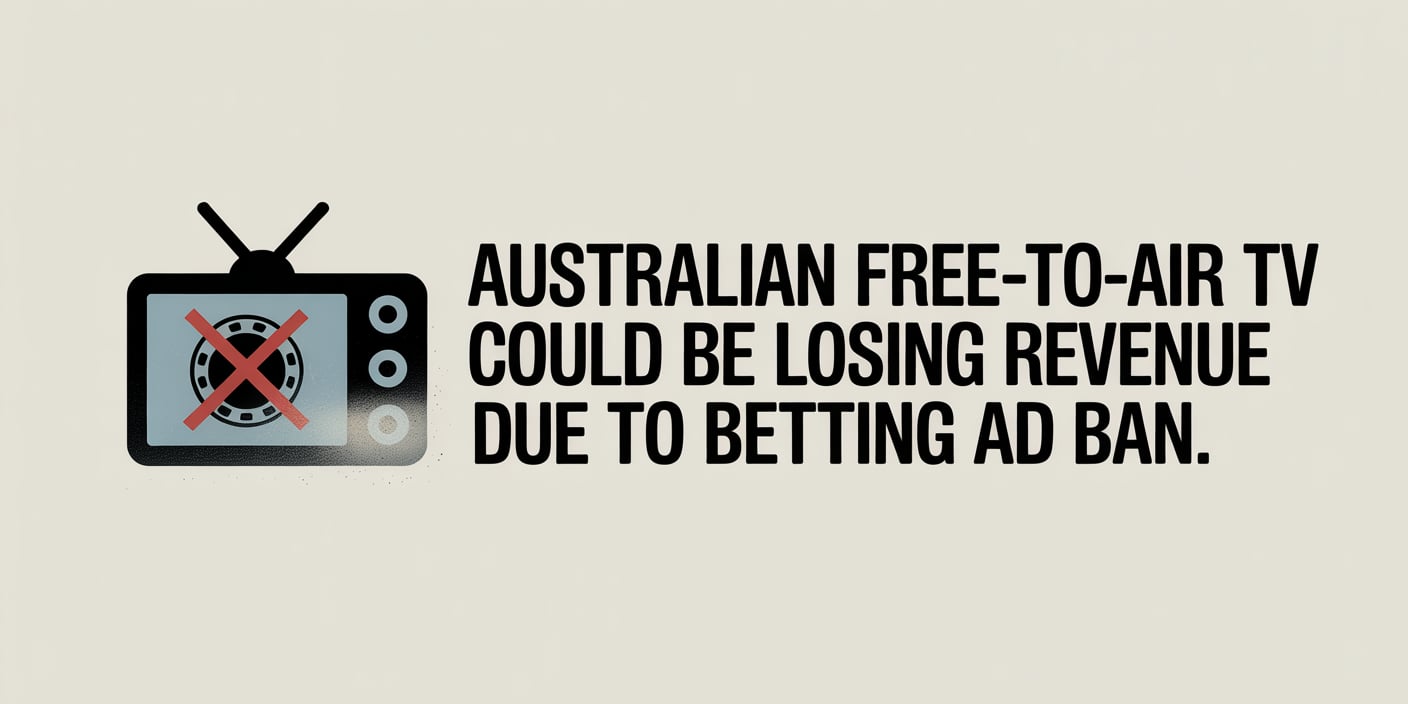The Australian Labor Party is taking steps to prohibit online gambling advertising on the entire Australian media with a three-year phasing, with the goal of protecting vulnerable audiences from exploitation. In one year alone, over half a million gambling adverts were broadcast on Australian television — 51% promoting gambling businesses, 20% promoting lotteries, and 17% lotto. For those interested in better understanding the situation now, our guide online can inform you about how the company itself operates and is regulated. The Guardian reports on how this proposed ban could affect TV in Australia.
What Do Gambling Opponents Maintain?
A parliamentary report, "You Win Some, You Lose More," has produced 31 recommendations, among them phasing in a ban on gambling adverts in four phases:
- Restricting it on social media and the internet,
- Ending gambling advertising and bookmaker commentary on sport coverage, for one hour after, and in sport stadia;
- Restricting gambling advertising between 6 a.m. and 10 p.m.;
- And lastly, prohibiting all gambling promotion and sponsorship on the internet after a three-year phase-out.
Monash University Associate Professor Charles Livingstone is convinced partial gambling ad restrictions are insufficient. He argues the sports organisations and broadcasters continue to claim they could not survive without gambling advertising money, but he is convinced the cost of paying to acquire vested interests is ongoing public detriment.
Senator Sarah Hanson-Young says Australia can support sport and community journalism without relying on gambling advertising.
"Experts have told us we need to regulate gambling advertising in the same manner as tobacco — with a full ban. Labor will be put to the test in the Senate when the Greens move their amendments to enact an absolute ban in line with Peta Murphy's recommendation," Hanson-Young said.
How Would the Ban Impact Television?
Australian TV networks have told the government that they are so reliant on gambling advertising revenue that a ban would threaten their survival.
Networks such as Ten, Nine, and Seven have warned that they may need to reconsider funding for local news if the ban is enforced. They argue that free-to-air television could become financially unsustainable without this income stream.
How Much Do Broadcasters Earn from Gambling Ads?
Peak time for gaming advertising, according to the networks, is between 7 p.m. and 10 p.m., when 22% of the total gambling ads are aired. Total TV ad market, covering metropolitan free-to-air, regional broadcasters, and subscription TV, has to date amounted to around $3.3 billion.
That's below over $250 million from the previous comparable period.
Subscription-based models like Netflix are intensifying competition for traditional broadcasters. Seven West Media experienced a 69% decline in profits, but Nine Entertainment brought in $160 million in ad revenue from the Paris Olympics.
Overall, the advertising market fell by 8.1% versus the last quarter. Media companies are forecast by the Australian Communications and Media Authority to earn about $162 million from poker machine and other forms of gambling advertising. Free TV, however, argues the estimate is too low, putting the actual figure at about $200 million.
Commercial broadcasters already under pressure are forced to fund everything only through ads now," said Free TV director Bridget Fair.
What About Banning Ads For Casinos in Other Countries?
The Guardian newspaper itself has put an across-the-board ban on gambling advertising for all its print and online publications except lotteries.
Belgium has also banned gambling advertising nationwide. The expense of gambling sponsorship is no longer tax-deductible under new rules. The prohibition covers TV, radio, cinemas, press, public spaces, and online ads — including social media.
In Ukraine, changes in legislation to advertising law added new curbs on gambling advertising in the press and banned it from 6 a.m. to 11 p.m. for audiovisual media. Enforcement and compliance are overseen by the Commission for the Regulation of Gambling and Lotteries (KRAIL), which has begun to issue fines to violators. The Mediameiker shop has gathered samples of offending violations and the regulator's response.







